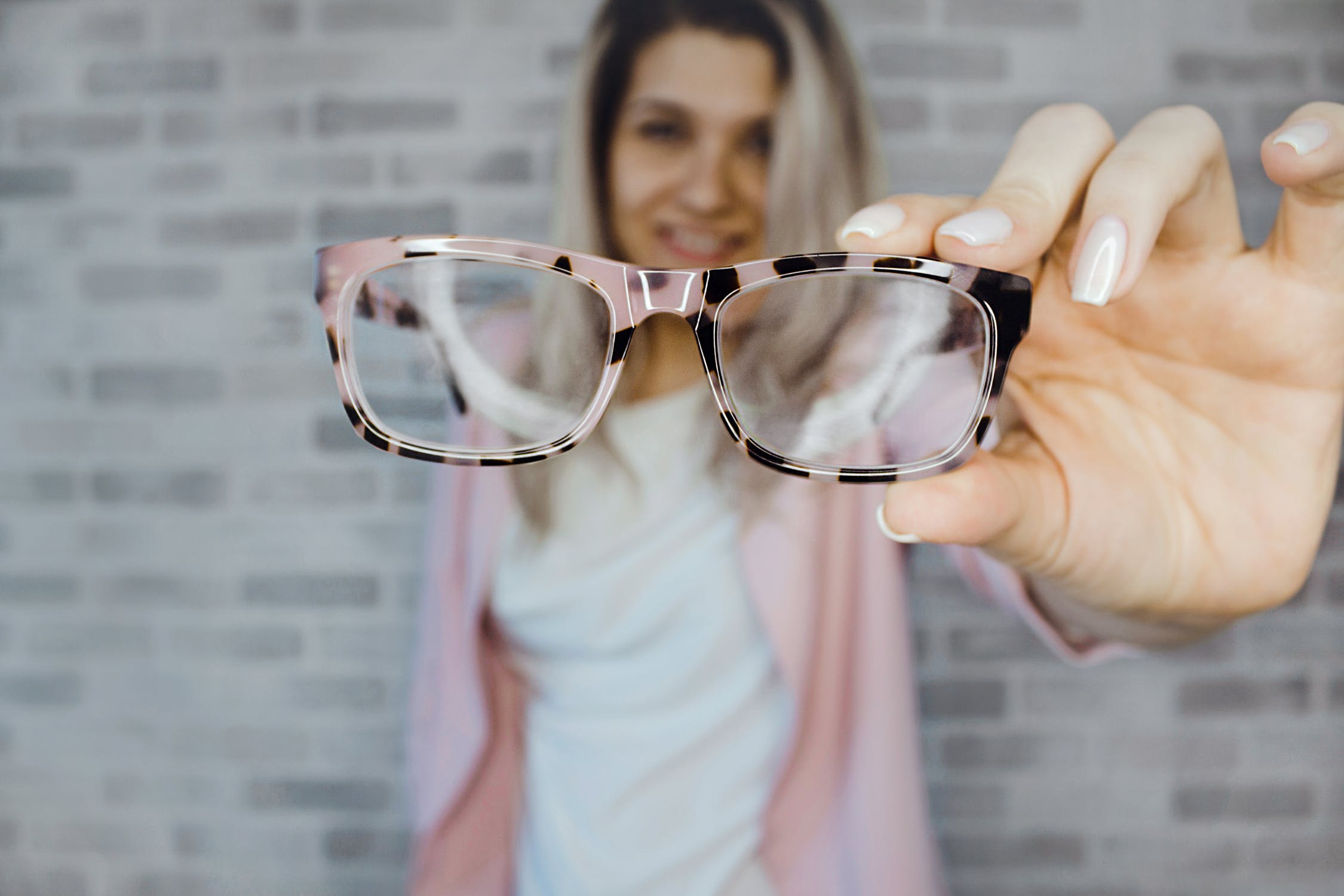Everything You Need To Know About Eye Health
How are you able to have visions through the eye and where does it begin? The human eye is said to operate similarly to that of a camera lens. Vision is supposed to commence when light rays are emitted or reflected off an object. The rays of light then penetrate the eyes through the cornea.
A little scientific, but the cornea describes the transparent, uppermost layer of the eye. The cornea then refracts or bends the light and directs it to the hole located at the middle part of the eye, pupil. The pupil contracts or dilates depending on the intensity of light available. The pupil is located within the iris which is the colored portion of the eye and tends to change from one person to another. The iris is the reason you will hear someone say they have blue eyes or brown eyes. Surely, becoming an optician teaches you a lot about eyes!
From the pupil, the light penetrated gets to the lens which then focuses the rays on the retina. On the retina, is a network of sensitive nerve cells known as the cones and rods. These nerve cells are primarily responsible for converting the light into impulses that are then sent to the brain for interpretation. The process of seeing an image can’t get any more simplified than that.
How often should you have an eye exam?
Having regular eye examinations is a vital part of eye health. These exams allow for early detection of eye disorders that could be treated during their early stages. Basically, optometrists recommend eye examinations as early as when a baby hits six months old. They will need further exams between the ages of three and six years. From there, routine examinations, even without eye complications, should be scheduled every three years.
Adults who do not have any eye complications should visit an ophthalmologist every three years. The time interval is sufficient enough unless a problem suddenly erupts. Adults with glasses or contact lenses must visit the ophthalmologist at least once a year for a check-up.
What exactly is an eye check-up?
It essentially details a series of tests performed by an optometrist to ascertain the health of your eye. The tests are mainly conducted through the proper use of an ophthalmoscope to determine the strength and health of your eyesight. Your optometrist will study and analyze the results to determine whether you need glasses. If all possibilities are cancelled out, you might be tested for possible eye infections and other rare conditions such as irregular curvature in the lens or color blindness.
The eye test involves first studying the condition of external eye features such as the cornea, sclera, and eyelids. The tests then devolve into a visual acuity test which determines the eye’s power and ability to focus on both far placed and near placed objects. The other analysis focuses on the pupil function test to gauge how well the pupil adjusts to light and if there is any possible damage. The final examination may include the test of ocular motility where the eye’s ability to keep up with quickly moving objects is studied. From there, any other tests conducted depend if the ophthalmologist suspects other critical or underlying conditions within the eye structure.
Optometrist? Optician? Ophthalmologist? Who should you see for your eye check-up?
All these terms can get confusing since they all deal with eye problems. But who should be your ideal doctor for an eye exam?
An optometrist is an eye doctor who specializes in fixing eye problems. Optometrists conduct eye exams for both health and vision issues. In their job description, they are allowed to correct refractive errors by writing down prescriptions for contact lens and glasses. Optometrists are licensed to prescribe certain medications for eye disease treatments. Optometrists are not authorized to perform eye surgery. Therefore, depending on what procedure your eye demands, the optometrist may be in a position to help you apart from surgery.
An ophthalmologist also specializes in eye health and vision care. Their job descriptions entail:
- Performing eye check-ups
•Diagnosing and treating eye diseases
•Prescribing treatments
•Performing eye surgery
•Prescribing contact lenses and glassesLittle known to most people, the optician is not in any way an eye doctor. However, opticians are responsible for fitting the glasses exactly how an optometrist or ophthalmologist prescribed the eye-wear.With the above details, we can conclude that eye examinations can only be conducted by ophthalmologists and optometrists. Make sure to schedule those eye exams because are eyes are amazing. Without the gift of vision, life would change drastically.



I appreciate how you pointed out that an eye exam will typically use an ophthalmoscope to determine how strong and the overall health of one’s eyesight. My daughter seems to be squinting a lot when she’s trying to read books. We’re hoping to find a good eye doctor who can see if everything is fine or if she might need glasses.
I like that you mentioned that an eye examination for kids without complications should be at least three years. My son is turning three soon so we need an eye doctor. We will need help from optometrists to help us out.
This site is very informative article and unique. Really helpful for us and I can ensure that your article will blow people mind. Thanks for the tips
Thanks for telling me that a baby as young as six months should get her eyes checked. We have a history of eye diseases and my mother developed cataract at a young age, so I’m hoping that my daughter, who is currently five months, won’t have it. It might be a good idea to take her to a clinic for an eye exam once she reaches her 6th month.
My cousin has been thinking about going to see a professional about her eyes because she has been having a hard time seeing menus. Getting something like glasses or contacts could be really useful and allow her to manage her kids better. I liked what you said about how the pupil can adjust to light and there can be more tests conducted within the eye structure.